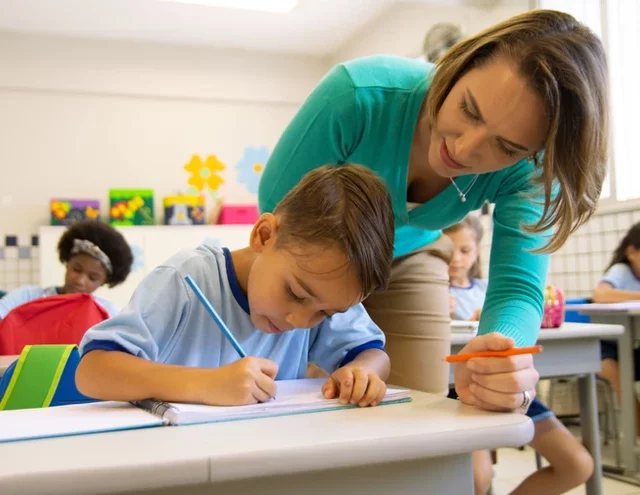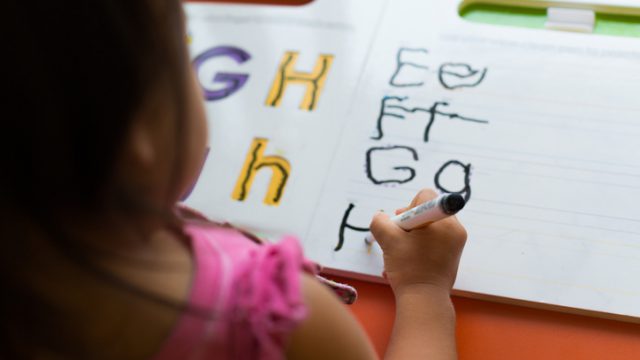Mathematical reasoning
 Pub. Date
Pub. Date
 Pub. Type
Pub. Type
The Mathematical Reasoning programme aims to improve mathematical attainment by developing pupils’ understanding of the logical principles underlying mathematics. The Literacy and Morphemes programme aims to improve pupils’ spelling and reading comprehension. Both programmes are delivered to year 2 pupils during normal lesson time.
Previous studies suggested both programmes offered affordable approaches to improving pupil outcomes. Based on this, the EEF funded a trial (Improving Literacy and Numeracy in KS1) to test the impact of the two programmes under developer-led conditions. Pupils receiving Mathematical Reasoning made an additional three months’ progress in maths compared to other pupils in comparison schools. There was no evidence that Literacy and Morphemes improved spelling or reading outcomes.
The EEF then funded a follow-up evaluation which examined the impact of a scalable version of Mathematical Reasoning in a larger number of schools and with less involvement from the original developer (co-funded by the Worshipful Company of Actuaries). The National Centre for Excellence in the Teaching of Mathematics (NCETM) helped to develop the training model, and coordinated its delivery through its national network of ‘Maths Hubs’ (partnerships of schools focused on maths education). In this second, larger trial, pupils who received Mathematical Reasoning made the equivalent of one additional month’s progress in maths, on average, compared to other children.
There are some differences between the two projects which may explain the smaller impact in the second trial. First, it used a different delivery model. Rather than doing the teaching training directly, the programme developers (the University of Oxford) trained Maths Hub teachers who then delivered the teacher training to participating schools. This may have affected how faithfully the programme was delivered in the classroom. Also, although a precise comparison is difficult, there was evidence that the comparison schools in the second trial were more likely than in the first trial to provide alternative support for children’s reasoning in maths. This may have reduced the difference seen between Mathematical Reasoning pupils and other pupils.
Together, these trials provide evidence for the effectiveness of Mathematical Reasoning. The project will remain on the EEF’s Promising Projects list and we will explore the potential for bringing it to more schools.












